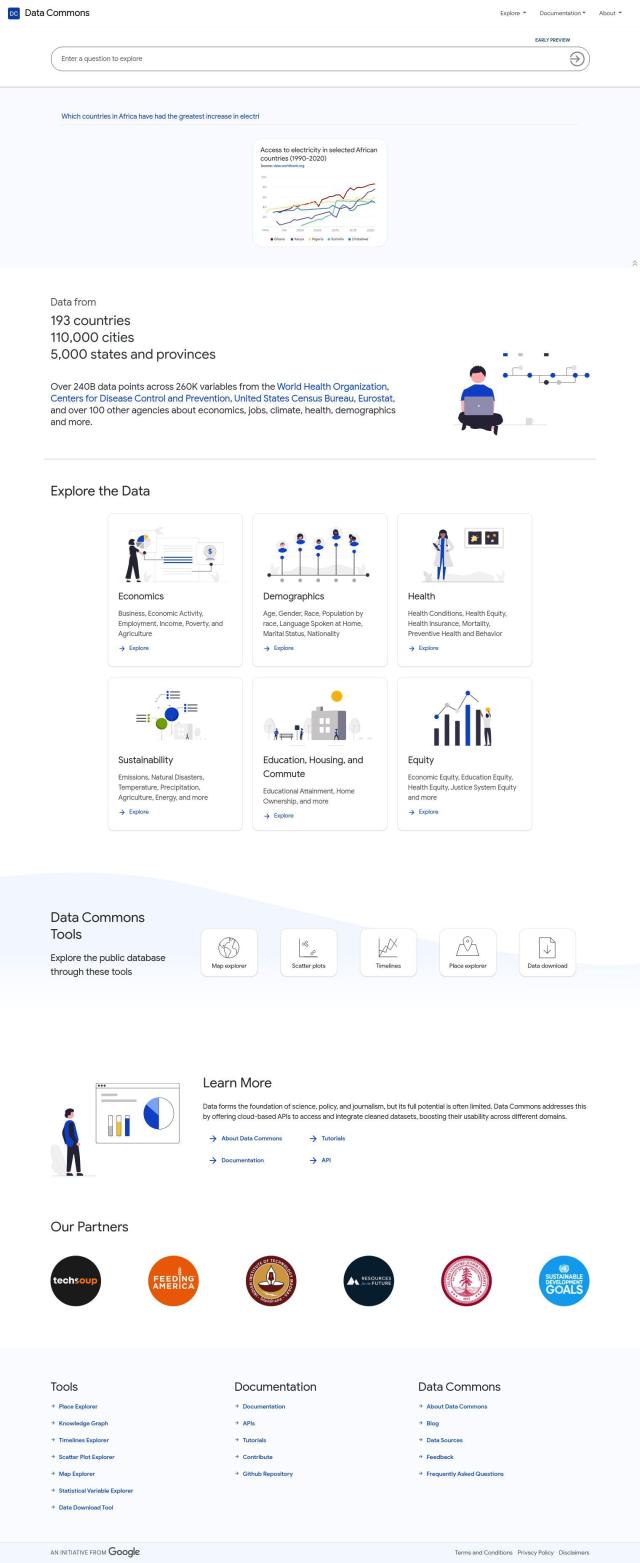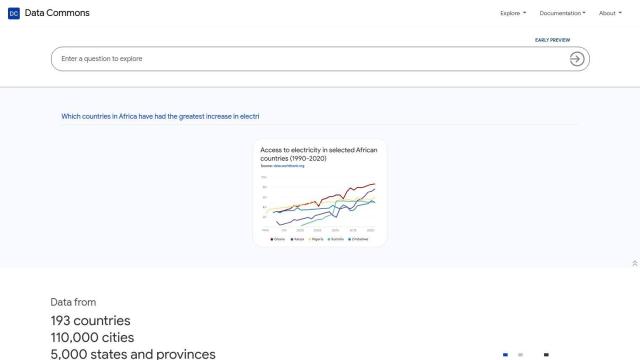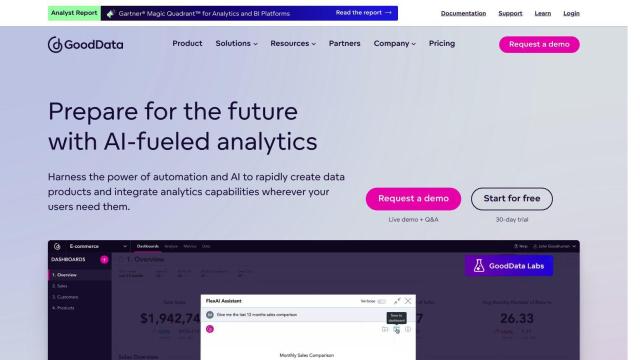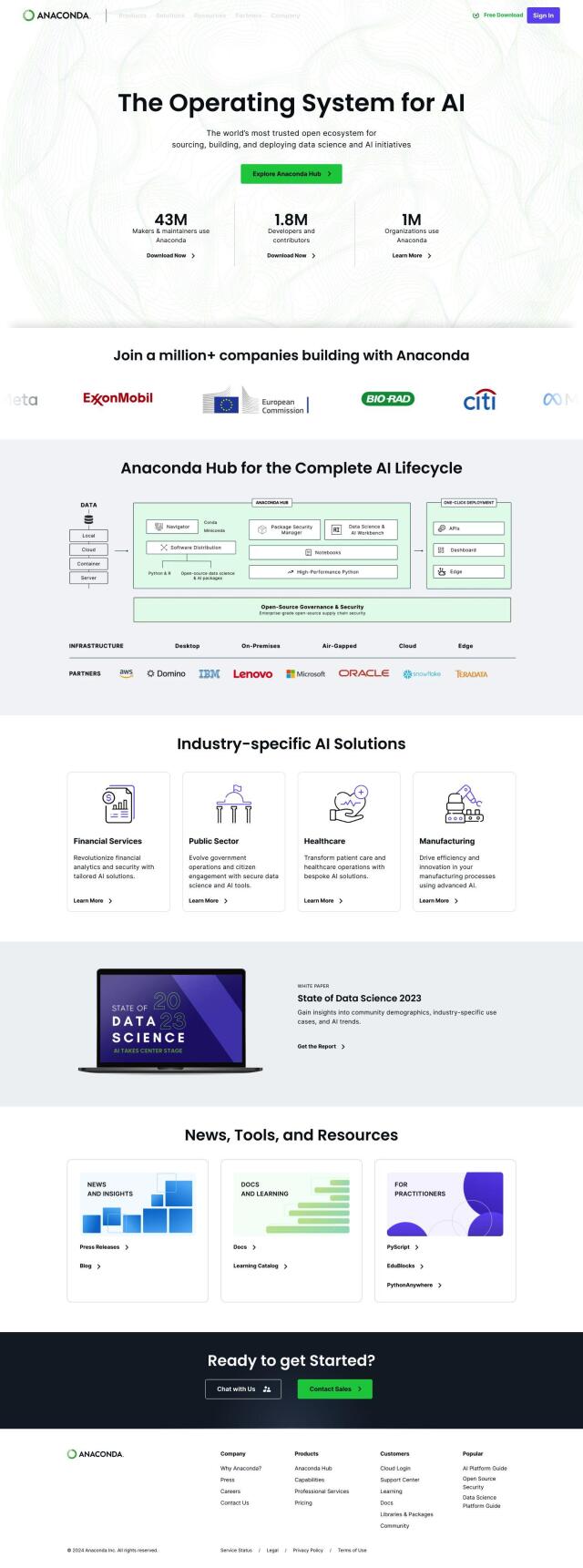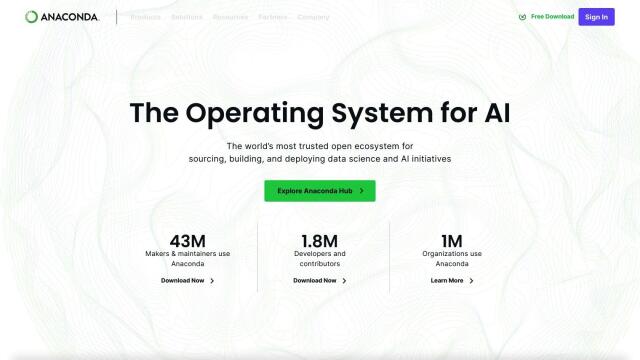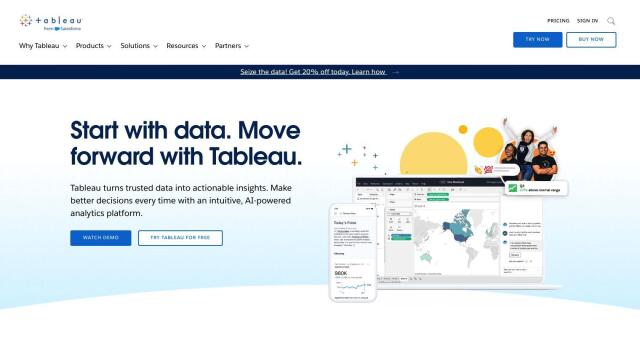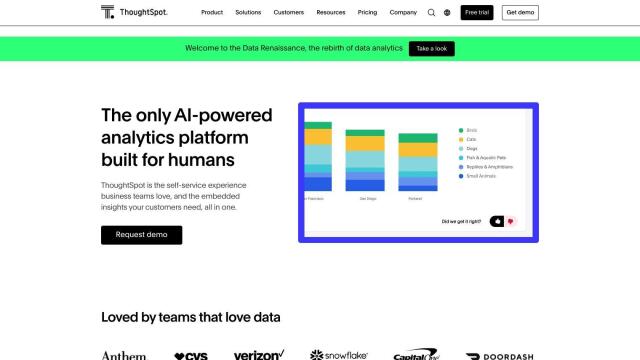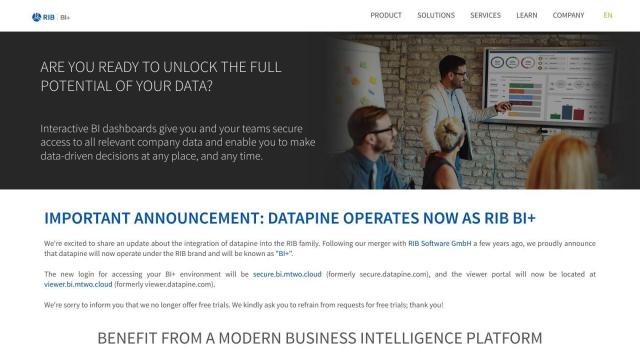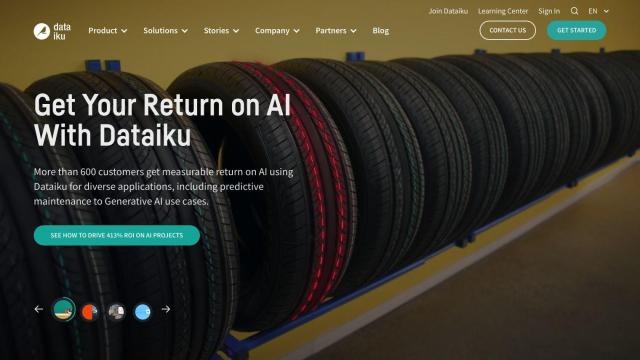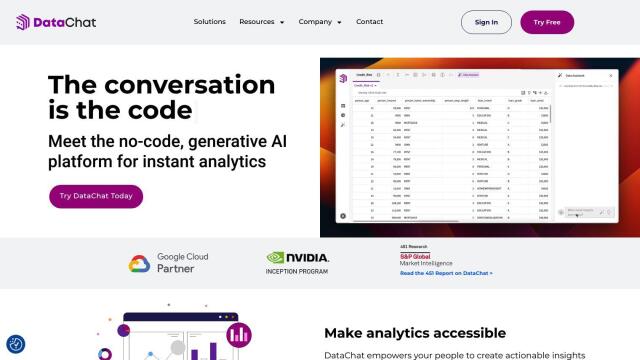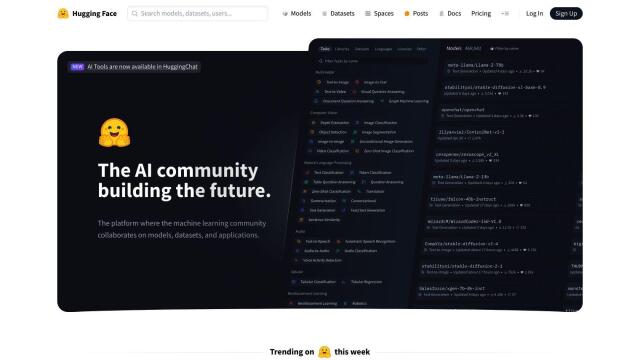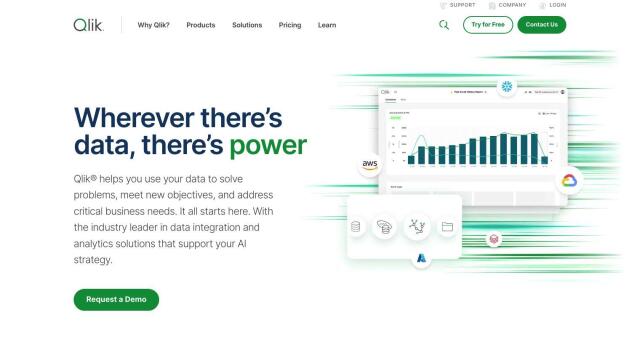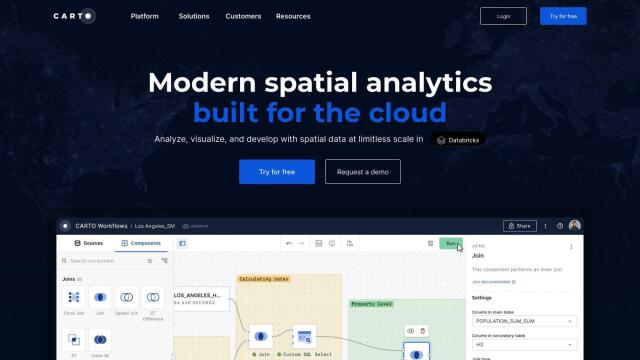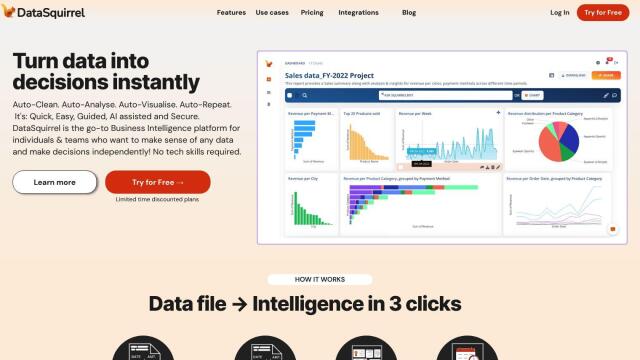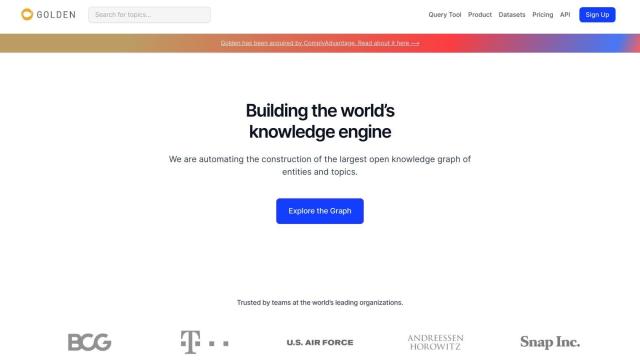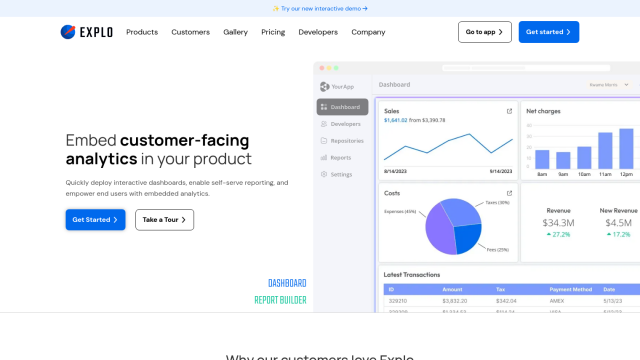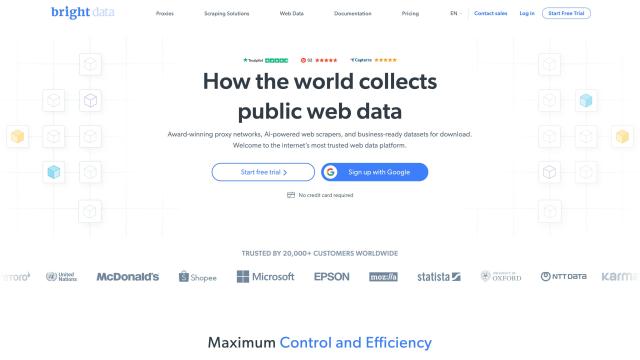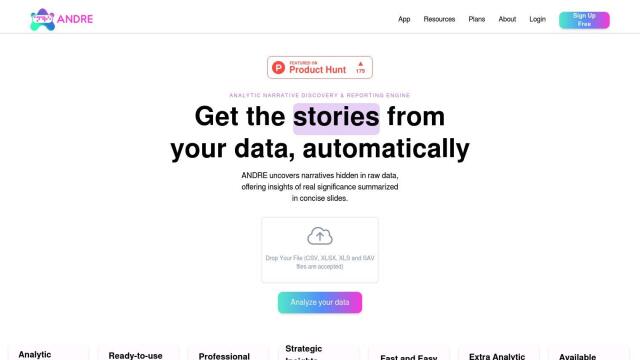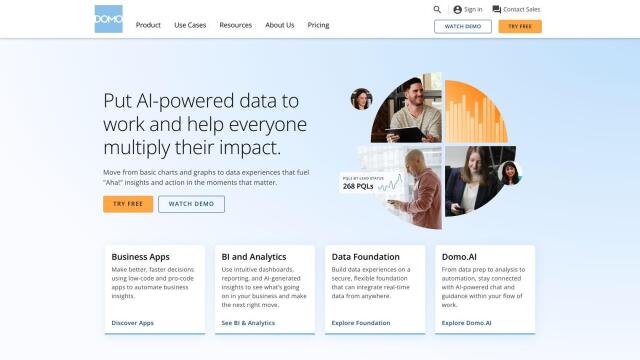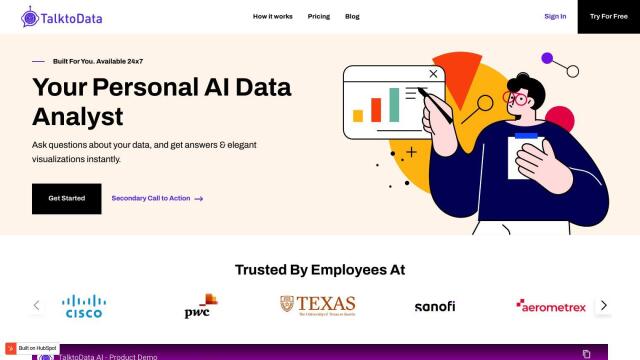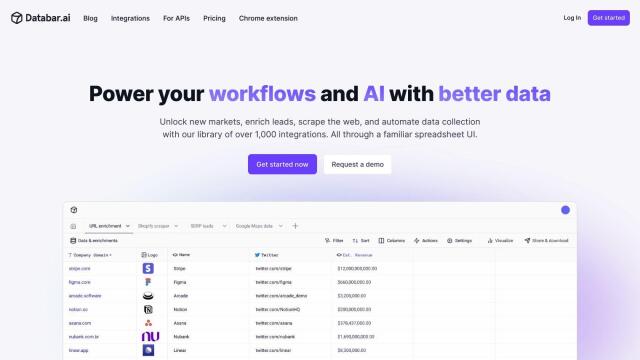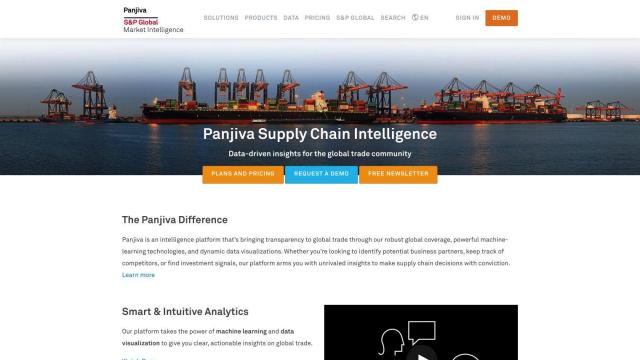
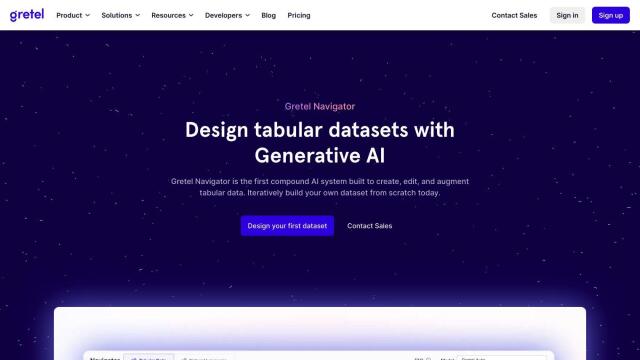
Gretel Navigator
If you're looking for a Data Commons alternative, Gretel Navigator could be worth a look. Gretel Navigator is a compound AI system that creates, edits and amplifies tabular data, letting you construct a dataset step by step. It can create plausible data in situations where none exists, edit, amplify and interpolate data with SQL or natural language prompts. The system offers a real-time inference API, which makes it useful for creating custom data sets, filling in gaps or adding regional details.


Dataloop
Another alternative is Dataloop, an AI development platform that combines data curation, model management, pipeline orchestration and human feedback to speed up AI application development. It offers features like automated preprocessing, model deployment, pipeline orchestration and a function-as-a-service option for custom functionality. Dataloop supports a variety of unstructured data and integrates with common cloud platforms, so it's a good option for managing and deploying AI models.

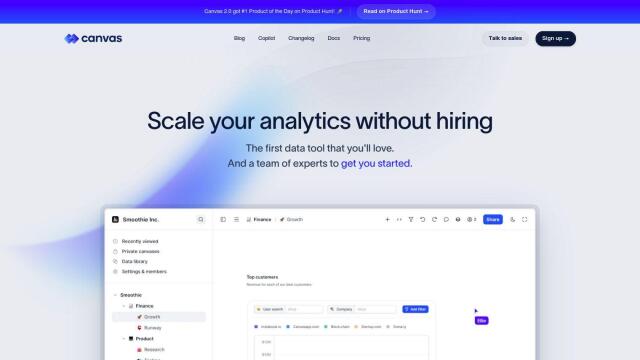
Canvas
Finally, you could also look at Canvas, which links, explores and visualizes data from more than 150 SaaS tools without requiring programming skills. Canvas offers features like real-time alerts, fractional data teams for more advanced models and a fast, feature-rich interface. It supports multi-user collaboration and offers tiered pricing plans, so it's good for both technical and nontechnical teams.

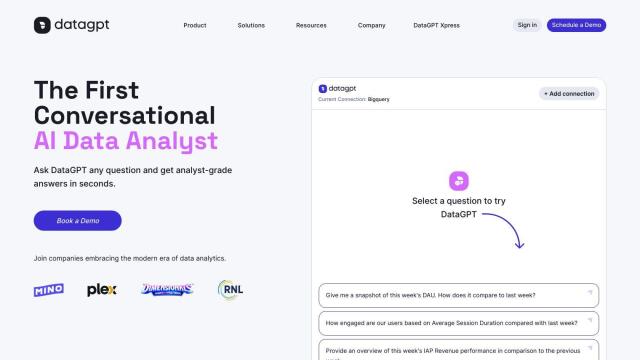
DataGPT
If you prefer a more conversational AI-driven approach, DataGPT offers a different option. It lets you ask questions and get analyst-quality answers in seconds, so you can make fast data-driven decisions. DataGPT can integrate with a variety of data sources, including Bigquery, and offers features like automated insights, context awareness and a data navigator for exploration. The platform is designed to make data analysis easy and fast.
